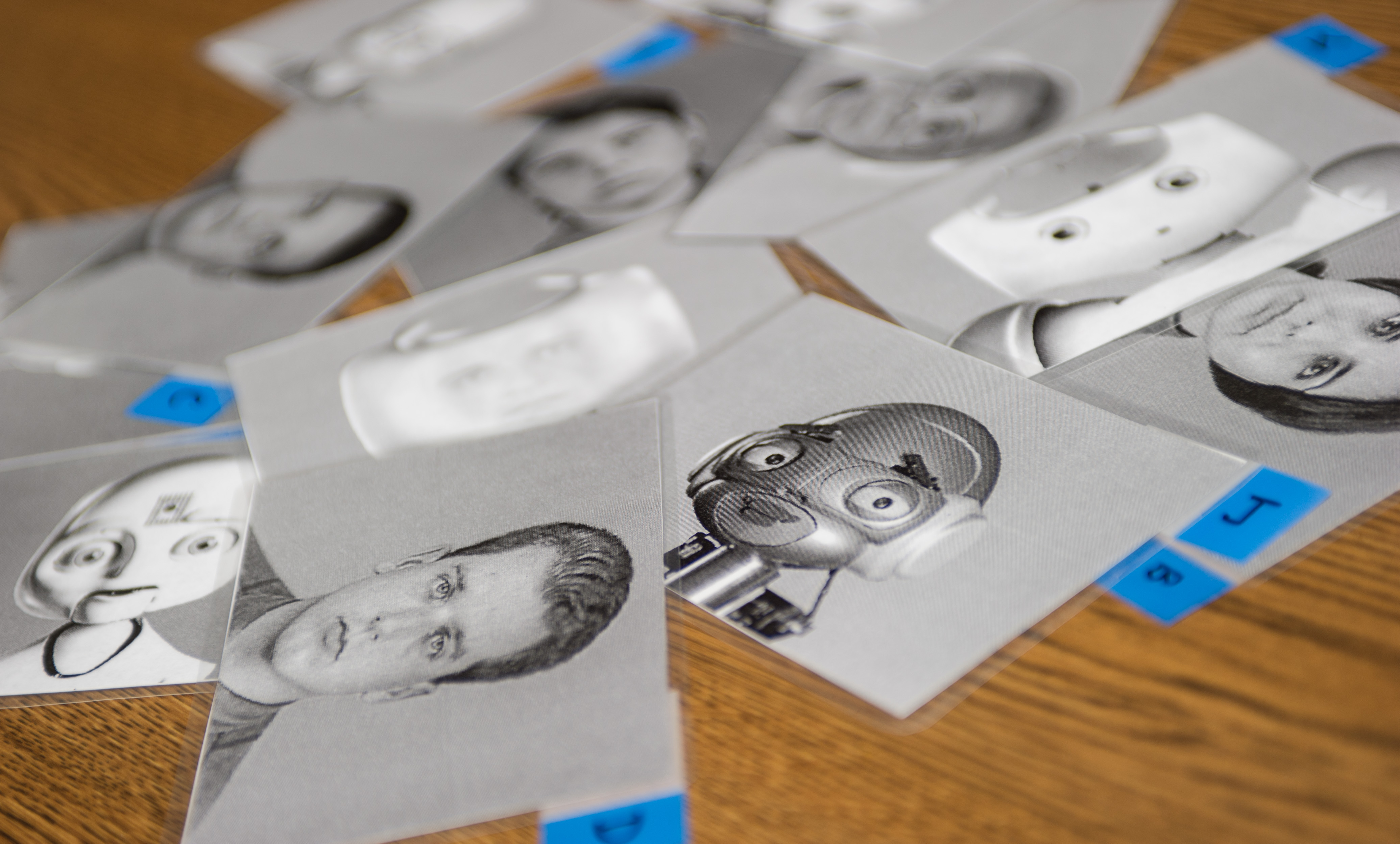What Will Your Robot Servant Look Like?
As we inch closer to the day when we can go online and buy personal robot servants (and, perhaps, an insurrection in which these same robo-workers take over), it’s worth thinking about what these machines should look like.

Fortunately, there’s already a study with a few ideas: Georgia Institute of Technology’s School of Psychology is presenting results of a study this week that explores whether two groups of people (young adults and senior citizens) prefer a robot with a more human or mechanical face, or something in between.
The results are interesting, as they reveal not just different preferences for each age group but also for the job the robot is assigned–which might offer some insights for how to design more advanced robots that people will feel comfortable using.
Researchers found that, generally, the majority of college students surveyed preferred faces that look more robotic, while older study participants gravitated toward human-like faces.
Their preferences changed somewhat depending on what the robot was helping with, though. For example, for help in making decisions (like investing), younger people preferred a face with an in-between human/robot look. The study also found that for a robot that could help with personal care (like taking a bath), people surveyed either wanted it to look very robotic to preserve their privacy or extremely human since that would make the robot seem more caring or trustworthy. Nobody seemed to care what a robot that helped with chores looked like, however.
The paper, written by graduate student Akanksha Prakash and psychology professor Wendy Rogers, is being presented at the annual meeting of the Human Factors and Ergonomics Society in San Diego this week.
Keep Reading
Most Popular
Large language models can do jaw-dropping things. But nobody knows exactly why.
And that's a problem. Figuring it out is one of the biggest scientific puzzles of our time and a crucial step towards controlling more powerful future models.
How scientists traced a mysterious covid case back to six toilets
When wastewater surveillance turns into a hunt for a single infected individual, the ethics get tricky.
The problem with plug-in hybrids? Their drivers.
Plug-in hybrids are often sold as a transition to EVs, but new data from Europe shows we’re still underestimating the emissions they produce.
Stay connected
Get the latest updates from
MIT Technology Review
Discover special offers, top stories, upcoming events, and more.